Energy Optimization and Renewable Transition Strategy for Qatar’s Industrial Zones

Client
A major Qatari industrial development authority engaged Eurogroup Consulting to design a Renewable Integration and Energy Optimization Strategy aimed at improving sustainability performance, reducing operational costs, and aligning with Qatar National Vision 2030 and the country’s Energy Transition Strategy 2030. The initiative focused on creating a roadmap for clean, efficient, and resilient energy systems across Qatar’s industrial zones.
Issues
Qatar’s industrial estates have experienced strong growth, driven by manufacturing, petrochemical, and logistics investments. However, this expansion has led to:
- Rising energy consumption and increasing operational costs.
- Heavy dependence on natural gas-based power generation
- Limited adoption of renewable and energy-efficient technologies.
- Absence of unified frameworks for carbon reduction and energy monitoring.
The client required a comprehensive strategy to integrate renewable energy, enhance efficiency, and promote sustainable practices across industrial operations—without disrupting production reliability.
Solution
Eurogroup Consulting developed a Renewable and Energy Efficiency Masterplan tailored to Qatar’s industrial environment. The strategy combined renewable power deployment, demand-side management, and investment facilitation to support the transition toward cleaner, more cost-effective energy systems.
Approach
Our engagement began with a technical, financial, and operational assessment of current energy systems across selected industrial zones. Using consumption data, peak demand analytics, and renewable resource mapping, we developed a phased implementation plan that included:
- Comprehensive Energy Audits to identify cost-saving opportunities and efficiency upgrades in high-consumption facilities.
- Feasibility Studies for large-scale solar PV and hybrid energy systems connected to the national grid.
- Energy Management Framework with smart metering and real-time performance monitoring.
- Private Investment Models, including build-own-operate and energy performance contracting (EPC) schemes, to attract renewable developers.
- Workforce Training Programs for industrial estate managers and technical operators on sustainable energy management.
- Policy and Regulatory Support to align industrial energy initiatives with national emission targets and sustainability regu
Recommendations:
We recommended the creation of a Sustainable Energy Coordination Unit within the authority to oversee renewable integration, monitor implementation, and liaise with private investors and regulators. Additionally, we advised introducing green energy certification standards for industrial tenants to encourage adoption of clean technologies and improve environmental accountability.
Engagement ROI
The implementation of the roadmap produced significant results across the client’s industrial portfolio. Pilot renewable projects achieved a 20% reduction in annual CO₂ emissions and lowered overall energy costs by 15% through enhanced efficiency and renewable integration. The initiative also attracted private investment interest, positioning the client as a leader in industrial sustainability and contributing directly to Qatar’s transition toward a low-carbon, energy-efficient economy in support of its Energy Transition Strategy 2030 and National Vision 2030 goals.
Eurogroup Consulting’s expertise enabled the client to transform traditional energy systems into a resilient and future-ready model—supporting Qatar’s Vision 2030 goals for sustainable industrial growth and environmental stewardship.

